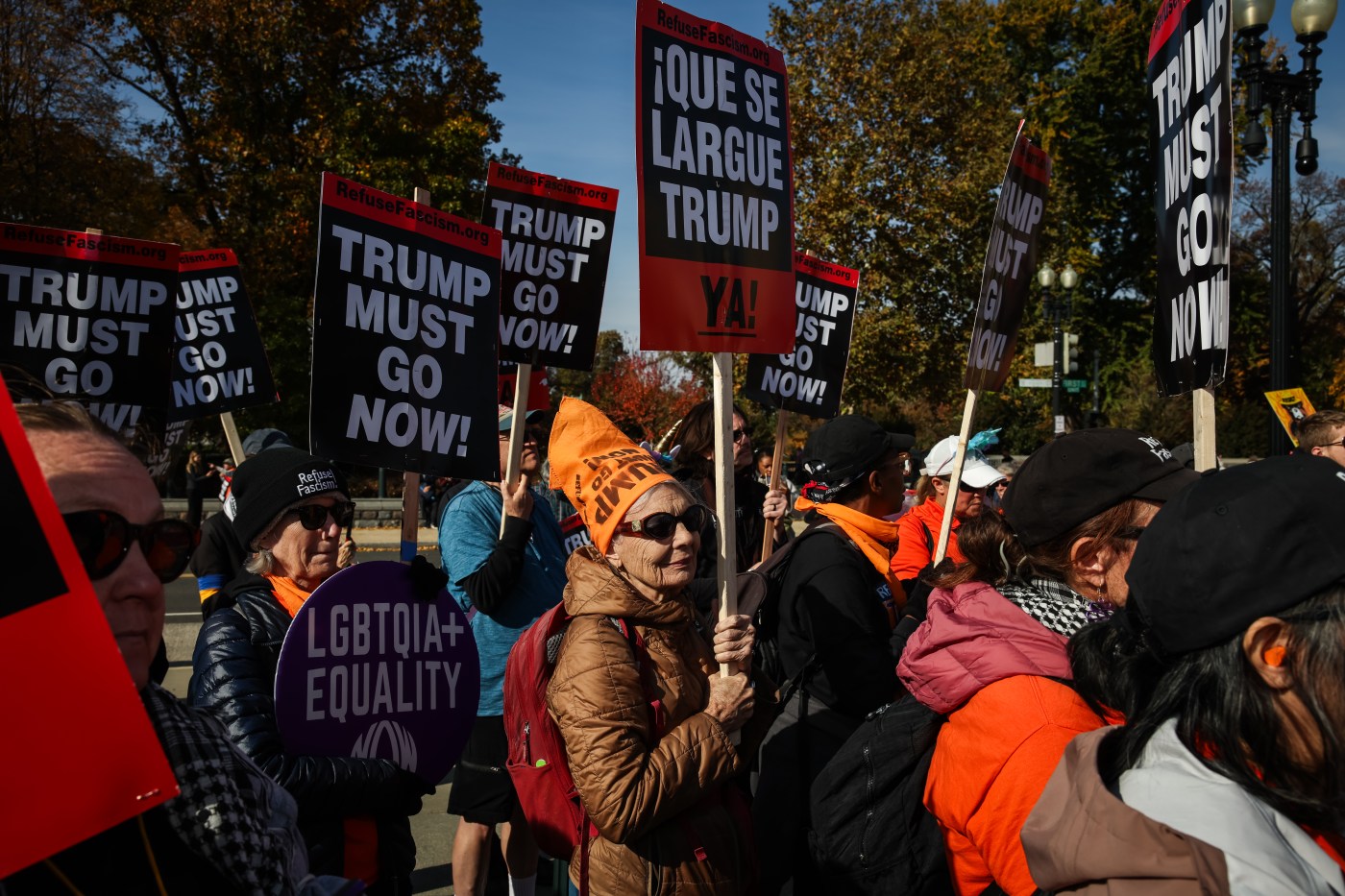The United States Supreme Court has decided not to revisit its landmark ruling on same-sex marriage, effectively affirming the rights granted under the Obergefell v. Hodges decision of 2015. This decision comes in response to a petition from former Rowan County Clerk Kim Davis, who had previously refused to issue marriage licenses to same-sex couples. Her challenge was dismissed without any dissent from the justices, signaling a significant moment for LGBTQ+ rights.
Davis’s actions came into the spotlight following the Supreme Court’s ruling in Obergefell, which requires states to recognize same-sex marriages. After her refusal to comply, Davis was jailed for contempt and later ordered to pay damages. Rather than obstructing legal rights, she could have chosen to resign if her personal beliefs conflicted with her official duties. The crux of the matter is not her faith, but rather the obligation of public officials to uphold the law, which guarantees rights enshrined in the Constitution.
The court’s decision reinforces the notion that civil law must treat all individuals equally, regardless of sexual orientation. Justice Anthony Kennedy, who authored the majority opinion in Obergefell, articulated that same-sex couples seek equal dignity under the law. The Constitution mandates that individuals are treated equally, and this principle is crucial in ensuring that rights afforded to same-sex couples, such as tax benefits and hospital visitation rights, are upheld.
The ruling has broader implications for civil rights in the United States. Dissenting justices in 2015 feared that the court was overstepping by imposing federal standards on states. Yet, as previously noted, the Constitution does not permit rights to be subject to majority rule. The ongoing evolution of marriage equality law demonstrates this shift in societal values and legal recognition.
Illinois was a pioneer in this movement, first legalizing same-sex civil unions in 2011 and later same-sex marriage in 2013. This progress serves as a reminder of how recent these legal protections are, emphasizing the importance of safeguarding them.
With the Supreme Court’s recent refusal to hear Davis’s case, the absence of dissent among justices provides a moment of optimism for advocates of civil rights. This decision reiterates the necessity of equal treatment under the law, reinforcing that all Americans, regardless of sexual orientation, are entitled to the same rights and protections promised by the Constitution.
As the week begins, this affirmation of same-sex marriage rights is a positive development, demonstrating a commitment to uphold the principles of equality and justice for all.
